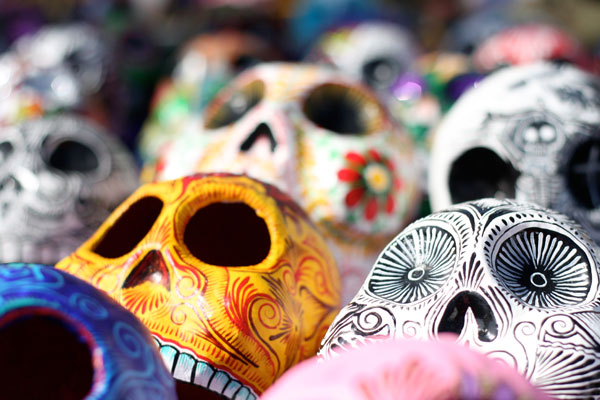If a fuller life requires a deeper acceptance of death, what stops us facing up to the inevitable? In the next in our event series on reconceiving spirituality, writer Will Self and philosopher Stephen Cave ask: if we could look mortality more squarely in the eye, what effect would it have on our personal and political lives?
Most of us prefer not to think about death, which is understandable, but is it wise? Research on near-death experiences and post-traumatic growth following serious illness or trauma suggests that close encounters with death can act as spiritual catalysts, resulting in profound shifts in deeply-held views, richer relationships and deeper life satisfaction.
And yet, there is a curious paradox here, because at some level all of us already know we are going to die someday. Indeed, forty years ago, Ernest Becker wrote in his Pulitzer-Prize winning book, The Denial of Death: “The idea of death, the fear of it, haunts the human animal like nothing else; it is a mainspring of human activity.”
So what is going on here? If a fuller life requires a deeper acceptance of death, what stops us facing up to the inevitable? And would our personal and political lives look different if we could look this troubling aspect of our existence more squarely in the eye?
In the next in our event series on reconceiving spirituality, we ask whether it might be a good thing to make an awareness of death a more important part of our lives.
Speakers to include: Will Self, novelist and journalist; Stephen Cave, philosopher, writer and critic; and Dr Joanna Cook, lecturer in Medical Anthropology, UCL.
Chair: Jonathan Rowson, director, RSA Social Brain Centre
Find out more about the 'The Brains Behind Spirituality'
Explore the RSA’s Social Brain Centre


Be the first to write a comment
Please login to post a comment or reply.
Don't have an account? Click here to register.